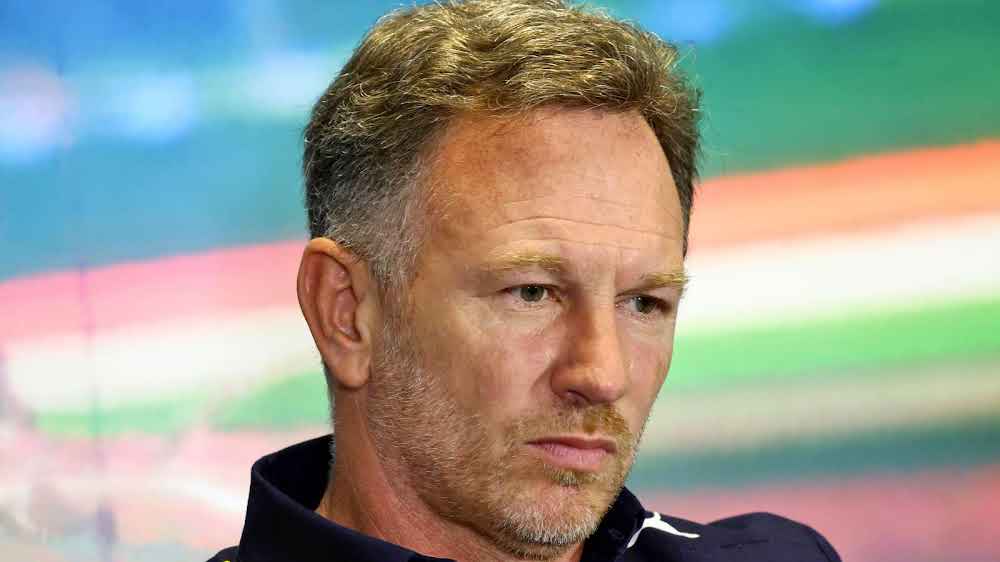
Despite Red Bull’s stellar season-ending performance, Christian Horner of the team has stated that the entire impact of the 2021 cost cap penalty is still unknown.
The delayed effects of the team’s two-year-old cost cap penalty have been revealed by Red Bull Team Principal Christian Horner, suggesting a potential obstacle for the forthcoming campaign. Horner concedes that the “full impact” of the suspension has not yet been felt, despite his dominance in the Formula One field over the previous year.
Penalty’s Delayed Effect: Red Bull’s aerodynamic development allowance was impacted by a £1.8 million fine for going above the 2021 budget cap. Although their prowess in the previous season—winning 19 of 21 races and securing the constructors’ title early—has not been hampered by this penalty, Horner thinks the true effect will show when the 2024 car is shown.
Strategic Development Shift: To lessen the severity of the penalty, Red Bull deliberately switched their early-season development priority to the 2024 car. Because of their forethought, they have been able to keep their competitive advantage even with the current season’s lower development allotment.
Changing Cost Cap Regulations: Horner has described the FIA’s summertime examination of team finances as a “full colonoscopy,” noting a marked increase in vigilance. The teams’ financial management and compliance are made more difficult by the intricate and dynamic laws surrounding the cost cap. This complexity is expected to rise even more in 2026 with the implementation of a cap on power unit development costs.
A year after Red Bull was fined for exceeding the Formula One cost cap in 2021, Christian Horner has offered some insight into the consequences of the penalty. According to Horner, the full effect of the £1.8 million fine and the restricted aerodynamic development allowance, which has already expired, has not yet been felt. Red Bull has demonstrated its superiority in spite of this, winning 19 of the previous 21 races and securing the constructors’ title with six rounds remaining.
Horner emphasizes that it won’t be clear how much of an impact the penalty will actually have until the 2024 vehicle takes on the track.
For them to maintain their competitive performance the next year, this strategic change will have been essential.
Red Bull’s financial scandal in 2021—the year the spending cap was introduced—remains a singular instance, as all teams complied in 2022. Horner highlights the complexity deriving from each team’s unique corporate structure and the upcoming issues with the introduction of the power unit development cost cap in 2026. Horner commends the FIA for its thorough analysis and acknowledges the shifting nature of the cost cap regulations.



